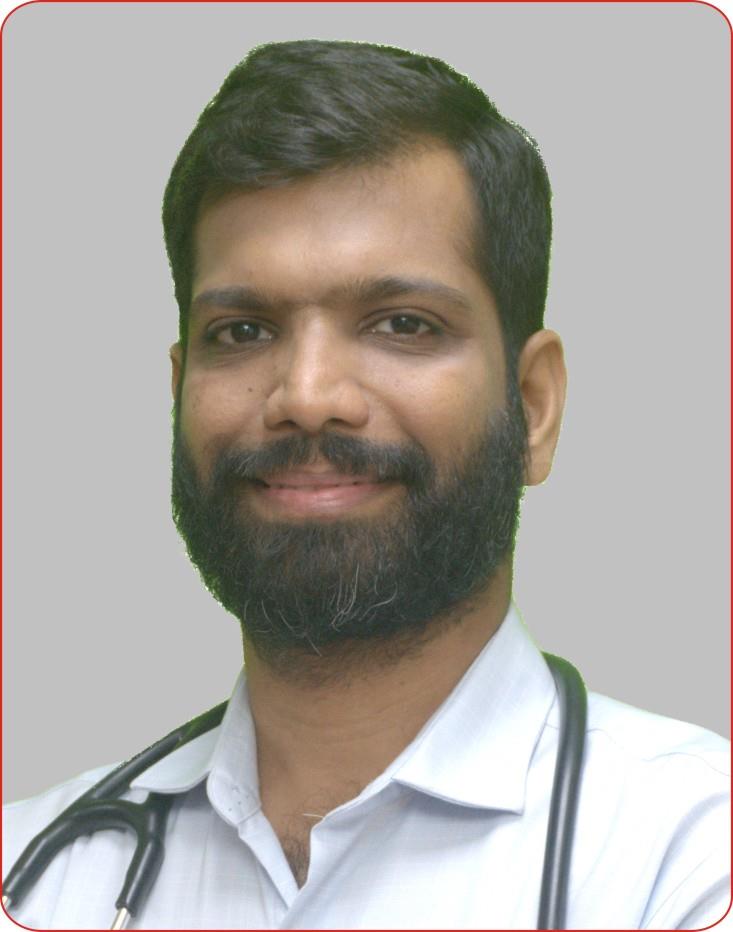Surgery and Treatment Available Under Cardiology:
Here are some of the procedures and treatments cardiologists in Nashik are equipped to handle:
1. Coronary Angioplasty: A minimally invasive procedure used to restore blood flow to the heart by opening blocked or narrowed coronary arteries.
2. Cardiac Catheterisation: A diagnostic procedure where a thin tube is slid into a blood vessel to examine the functioning of the heart.
3. Pacemaker Implantation: A surgical procedure where a small device is implanted under the skin to regulate abnormal heart rhythms.
4. Bypass Surgery: In this surgery, blocked coronary arteries are bypassed using grafts from other body parts to improve blood flow to the heart.
5. Valve Repair/Replacement: Surgical procedures to repair or replace damaged or diseased heart valves.
Services and Facilities Available at Apollo Hospitals in Nashik:
-
State-of-the-art cardiac care unit
-
Well-equipped diagnostic imaging facilities for accurate evaluation
-
Specialised clinics for different cardiological conditions
-
Comprehensive rehabilitation programs for post-surgery patients
-
Emergency services available round-the-clock
Advanced Technology and Equipment at Apollo Hospitals in Nashik:
Apollo Hospitals in Nashik is equipped with the latest technology and cutting-edge equipment to provide world-class cardiac care. This includes advanced imaging techniques such as 3D echocardiography, cardiac MRI, and CT angiography. The hospital also utilises advanced catheterisation labs for precise diagnostic procedures and minimally invasive interventions.
Best Cardiologist in Nashik:
At Apollo Hospitals in Nashik, you can find highly experienced top cardiologists who possess the skills and expertise required to provide top-notch medical treatment for cardiology-related conditions. These heart specialists in Nashik have undergone rigorous training, are accomplished in their field, and stay updated with the latest advancements in cardiology. The convenience of accessing expert cardiologists ensures timely diagnosis, personalised treatment plans, and consistent follow-up care.
If you seek medical attention for cardiology-related conditions in Nashik, consider visiting the best heart specialist doctors at Apollo Hospitals. With its comprehensive range of services, advanced technology, and highly skilled heart specialist doctors, Apollo Hospitals is committed to providing exceptional cardiac care while ensuring patient comfort and well-being.









 Call Now
Call Now

